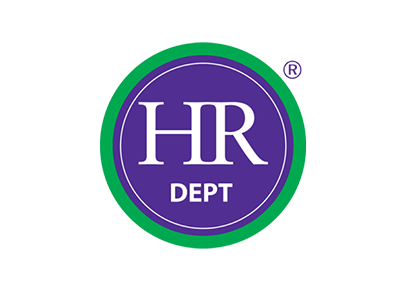When an employee asks for a copy of their information, there are a few points we need to think about in addition to the usual considerations when responding to a Data Subject Access Request (DSAR). Employee DSARs can be some of the most complicated DSARs that organisation’s receive, especially if the employee has been with the organisation for a long time.
It may be that the request is made against the background of a dispute with or grievance raised by the employee, which can make for a potentially contentious situation. The most important point to note in this situation is that you can’t refuse to comply with a DSAR just because there is an ongoing dispute between the employer and employee, even if you have already disclosed some of the information during the course of legal proceedings or it is subject to a settlement agreement. You may, however, want to pay special attention to whether personal data is covered by the legal privilege exemption which would mean it does not need to be disclosed.
If you have CCTV on your premises, then this will need to be disclosed if it contains footage of the individual. If your CCTV system does not allow you to redact third-party information then you will either need the third party’s consent or make the case that it is reasonable to disclose the information without their consent. You should consider whether it is possible to disclose the information in a different way to avoid disclosing third-party information, for example disclosing stills with information redacted.
Employees may be included in recordings of meetings, for example, Microsoft Team’s meetings. Disclosing these recordings will involve similar considerations to the CCTV footage and you do not have to disclose the footage itself you can disclose a transcript of the meeting, redacting third-party data of course.
If you have processed any of the employee’s data via social media accounts operated by the business, these will also be in scope.
You should also consider the issue of exemptions. We will go into these in more detail in our next post but exemptions which are particularly relevant to employment situations are:
- legal privilege
- confidential references
- management information
- negotiations
- crime and taxation


















